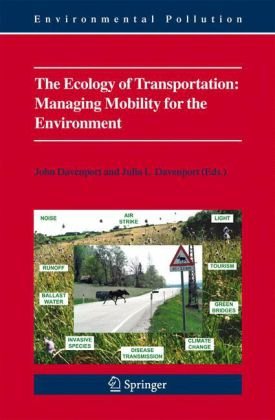

Most ebook files are in PDF format, so you can easily read them using various software such as Foxit Reader or directly on the Google Chrome browser.
Some ebook files are released by publishers in other formats such as .awz, .mobi, .epub, .fb2, etc. You may need to install specific software to read these formats on mobile/PC, such as Calibre.
Please read the tutorial at this link: https://ebookbell.com/faq
We offer FREE conversion to the popular formats you request; however, this may take some time. Therefore, right after payment, please email us, and we will try to provide the service as quickly as possible.
For some exceptional file formats or broken links (if any), please refrain from opening any disputes. Instead, email us first, and we will try to assist within a maximum of 6 hours.
EbookBell Team

0.0
0 reviewsHuman transport by land, sea and air has increased exponentially through time in intensity, paralleling rises in population, prosperity and rates of technological change. Transport has considerable ecological effects, many of them detrimental to environmental sustainability. This volume brings together international experts from a variety of disciplines to review the ecological effects and their causes in terms of road, rail, ship and aircraft transport. The contributors have different attitudes and agendas. Some are ecologists, some planners, others social scientists. Focus ranges from identification of threats and amelioration of damaging effects through to future design of transport systems to minimize environmental degradation. Some chapters consider restricted areas of the globe; others the globe itself. Views encompass deep pessimism and cautious optimism.
Uniquely, the volume considers transport effects in all environments. This is the first book that attempts to discuss the relationship between human transport and all ecosystems. It appeals not only to the specialist environmentalist by picking out novel topics, but also to anyone involved in transport issues as it tackles the issues from an historical perspective, encompassing the past, present and future of the effects of human transport.